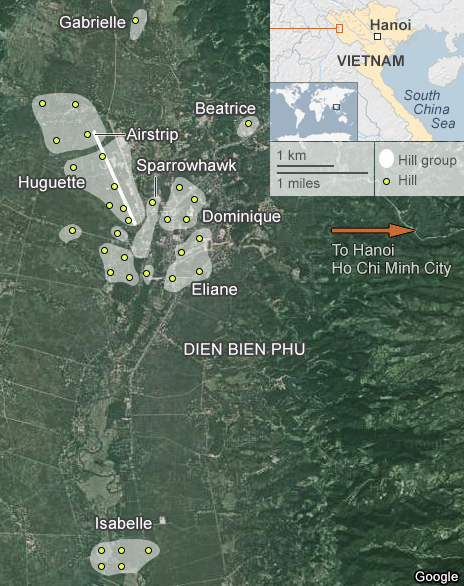Robert Tracinski on the recent habit of attributing psychopathy to political enemies (by carefully editing the actual symptoms of typical psychopaths):
Years ago, I read an excellent book on the psychology of the career criminal. In the introduction, the author cautions readers against “medical students’ disease”: the tendency of first-year med students to suddenly notice that they have symptoms that are superficially similar to those of the strange diseases they’re studying. Similarly, he warned, as you read about the psychology of criminals, you might notice — in your most self-critical moments — that you have a few superficially similar traits. But unless you’re actually sticking up liquor stores, this does not mean you are a criminal.
Ah, but how much easier it is — how much more delicious — to use these superficial similarities to impute a criminal psychology, not to yourself, but to your enemies.
That is the upshot of an article that is just slightly crazier than your average piece at Salon, which cherry picks a few tendentious psychological studies to claim that conservatives are psychopaths. Science proves it!
This is just cashing in on a rather sloppy, poorly thought out trend toward studies of “psychopathy” which claim to find evidence of it everywhere, particularly among those stock Hollywood villains: wealthy and successful businessmen. They do so by means of exactly the method we just described: describing the characteristics of a psychopath in such vague terms that practically everyone can be said to bear some superficial resemblance, so therefore we’re all just a little bit psychopathic, on a sliding scale. Despite the fact that most of us aren’t actually, you know, doing anything psychopathic.




